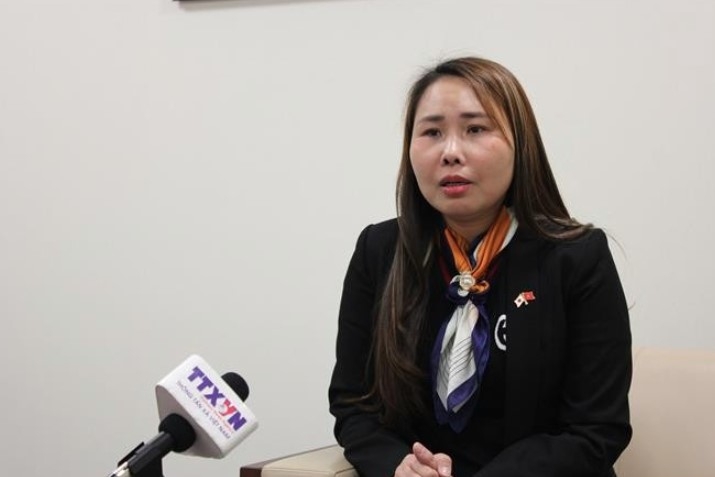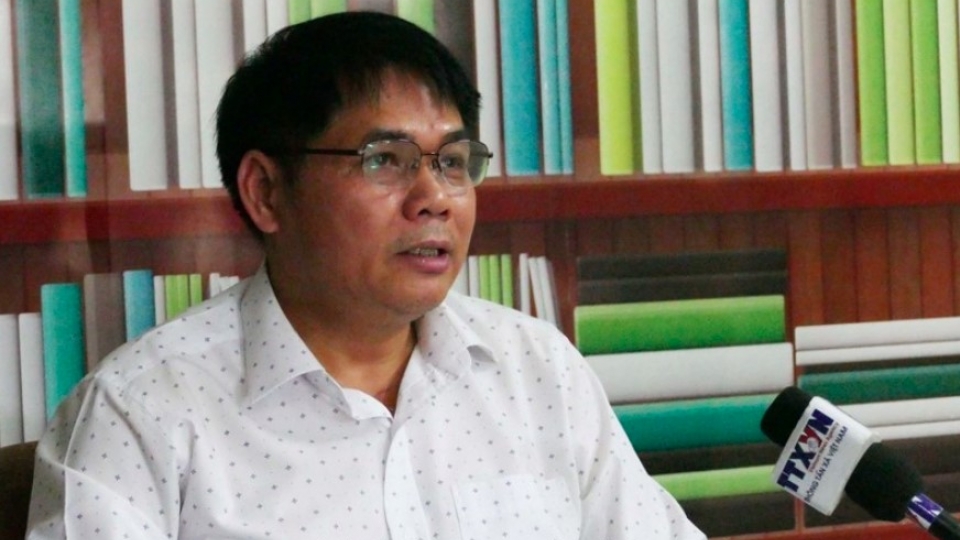Draft documents for 14th Party Congress highlight OVs as bridge in bilateral ties
Vice Chairwoman of the Japanese Vietnamese Association and Chairwoman of the Vietnamese Association in Kansai Le Thuong has stressed the role of the overseas Vietnamese (OV) community as a crucial bridge promoting bilateral cooperation while giving feedback on the draft documents for the 14th National Party Congress.

Thuong highlighted several new points in the draft documents, including policies on the private sector, people-to-people diplomacy, and science, technology and international integration. She said these orientations align closely with the needs and strengths of the Vietnamese community in Japan.
Enhanced people-to-people diplomacy, she noted, will complement official diplomatic efforts and facilitate cooperation between localities and businesses of both countries.
Thuong proposed attracting more Vietnamese experts abroad to local associations, as they serve as strong links in cultural promotion and people-to-people diplomacy. To maximise their contributions, she recommended clearer mechanisms and support for overseas associations, enabling them to operate more systematically and develop long-term cooperation initiatives with Japanese authorities.
Regarding cultural preservation, she emphasised the importance of activities such as Vietnam Days, cultural festivals, exchanges with Japanese universities, and Vietnamese-language classes for children. Events like Homeland Spring and the Hung Kings Commemoration also strengthen ties with Vietnam.
Thuong expressed her hope for a Vietnamese Cultural Centre in Japan, saying the young and growing community requires additional support from Vietnam to realise this goal. Overseas Vietnamese, she stressed, are uniquely positioned to foster mutual understanding as they experience both cultures.
As the Vietnamese community expands, Thuong underscored the importance of maintaining the mother tongue. She said she hopes Vietnamese universities will establish faculties of Vietnamese studies to collaborate with associations in Japan in offering Vietnamese-language courses, helping second- and third-generation members retain cultural ties and contribute to future people-to-people diplomacy.
Commenting on the emphasis in the draft documents on the private sector as a key economic driver and science, technology and innovation as central to development, Thuong said these orientations will attract high-quality overseas Vietnamese talent. Many members of the intellectual network in Japan, including professors, researchers, specialists and entrepreneurs, can support bilateral conferences, dialogues and scientific and cultural exchanges, helping to promote Vietnam’s image.
She said Vietnamese intellectuals abroad, particularly those with experience in both Vietnam and Japan, can provide valuable policy advice in science and technology. She also called for favourable conditions for successful overseas Vietnamese entrepreneurs to return and invest in Vietnam, contributing to national development in the new period.




